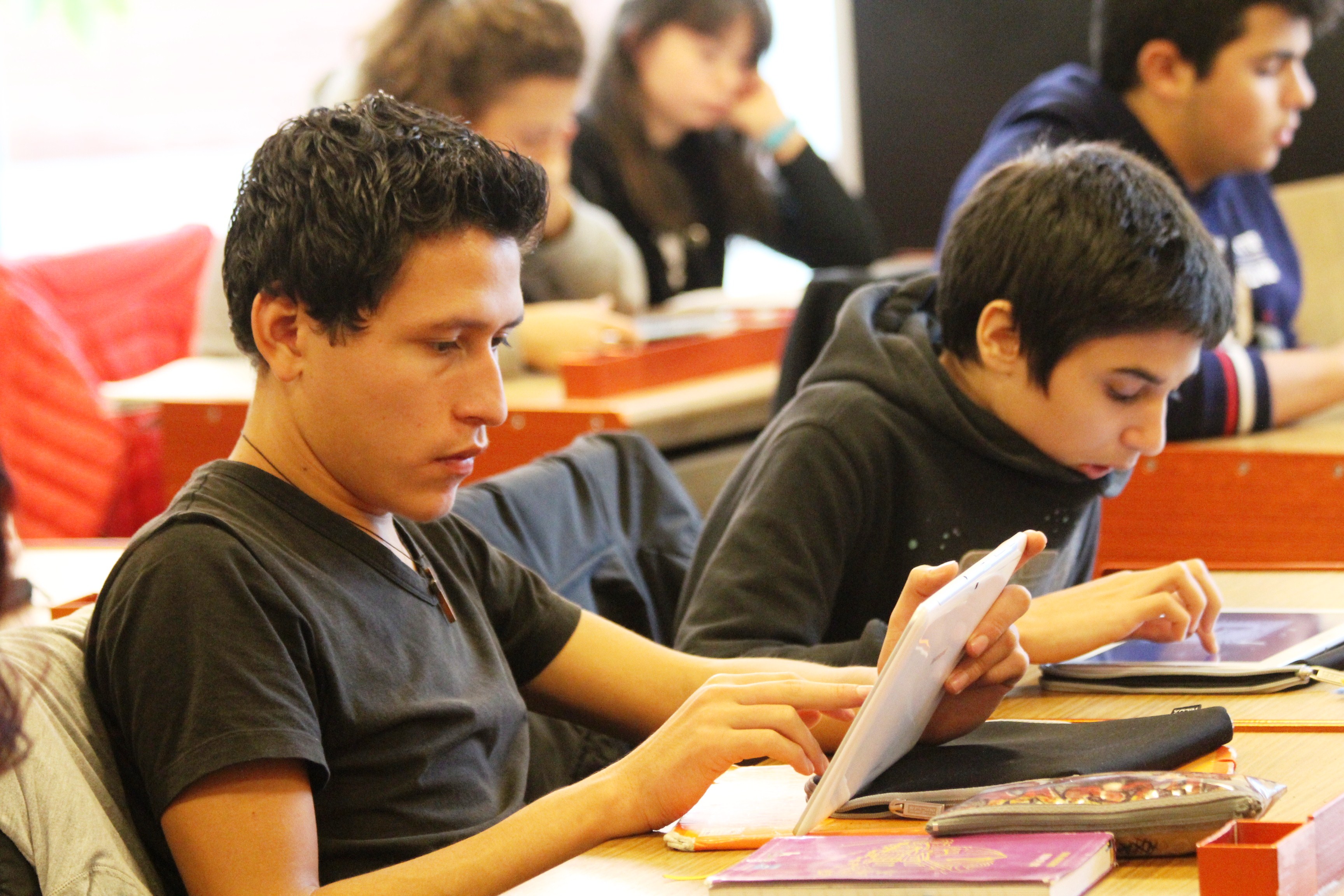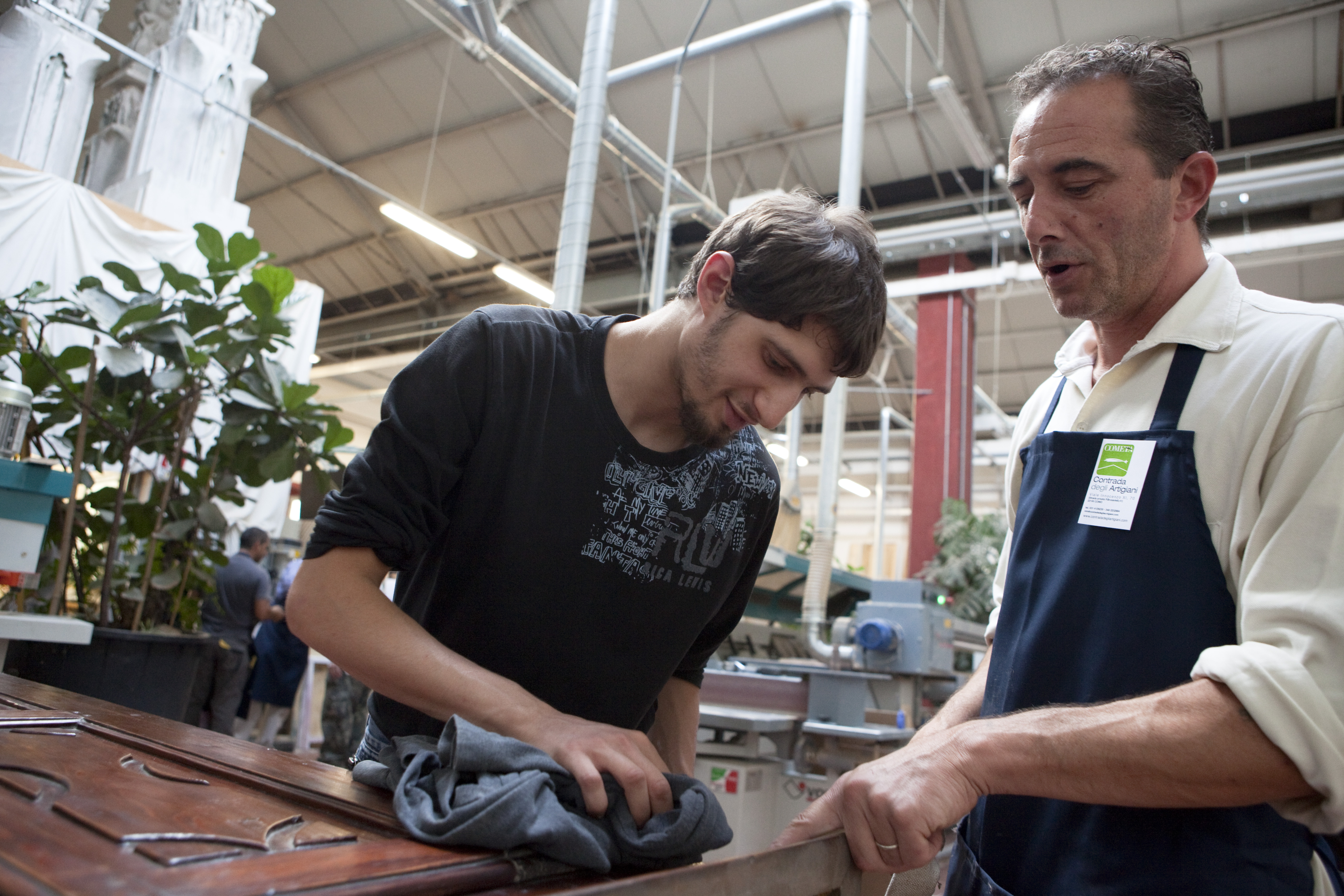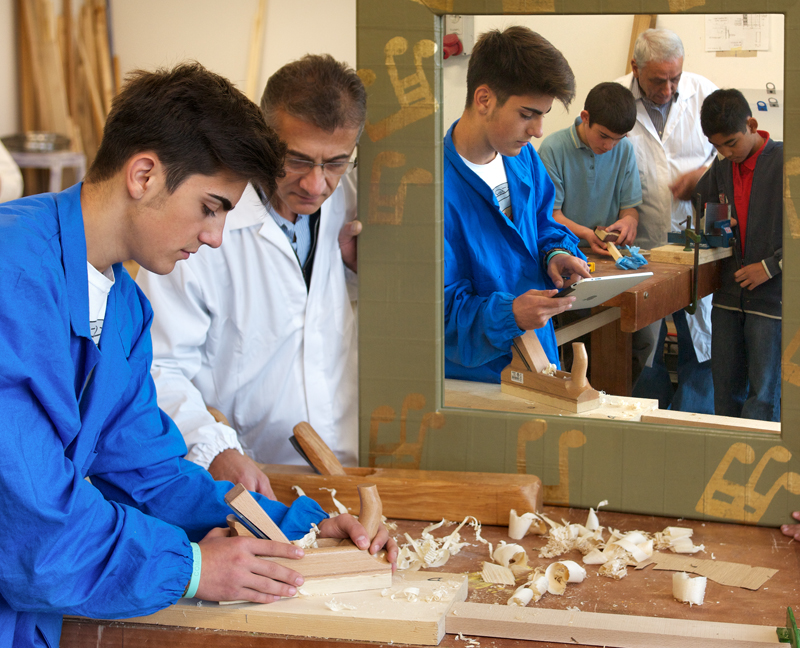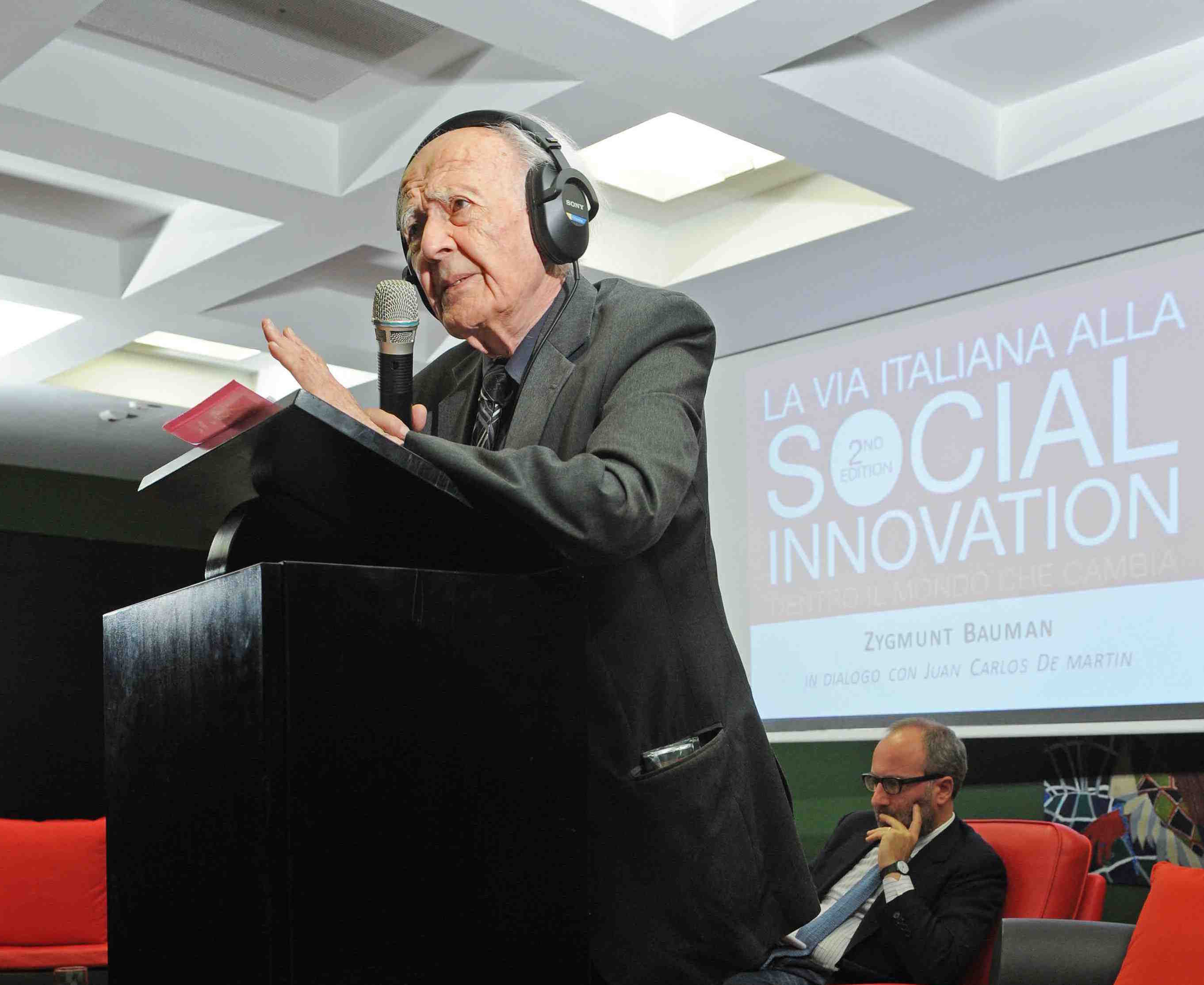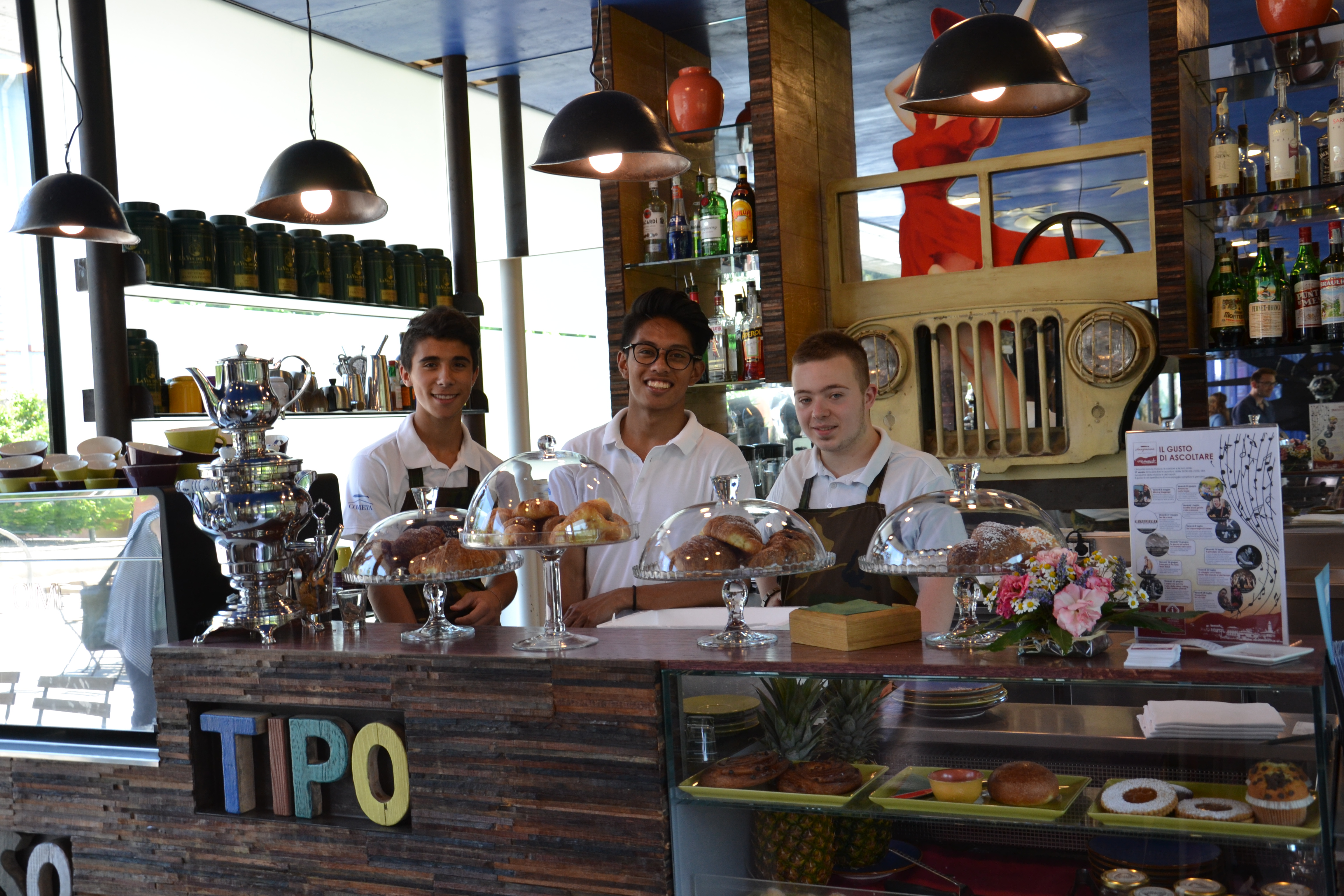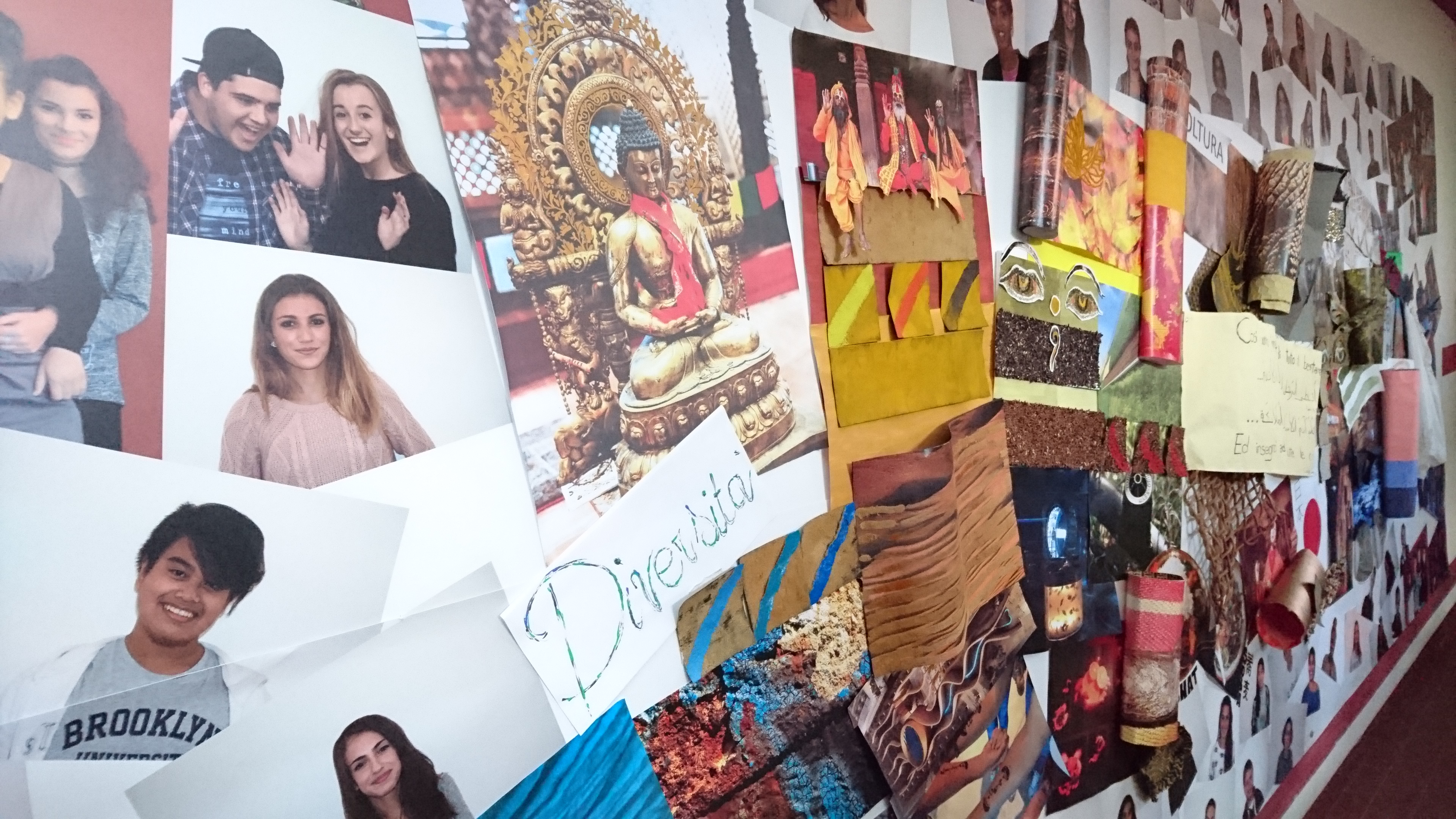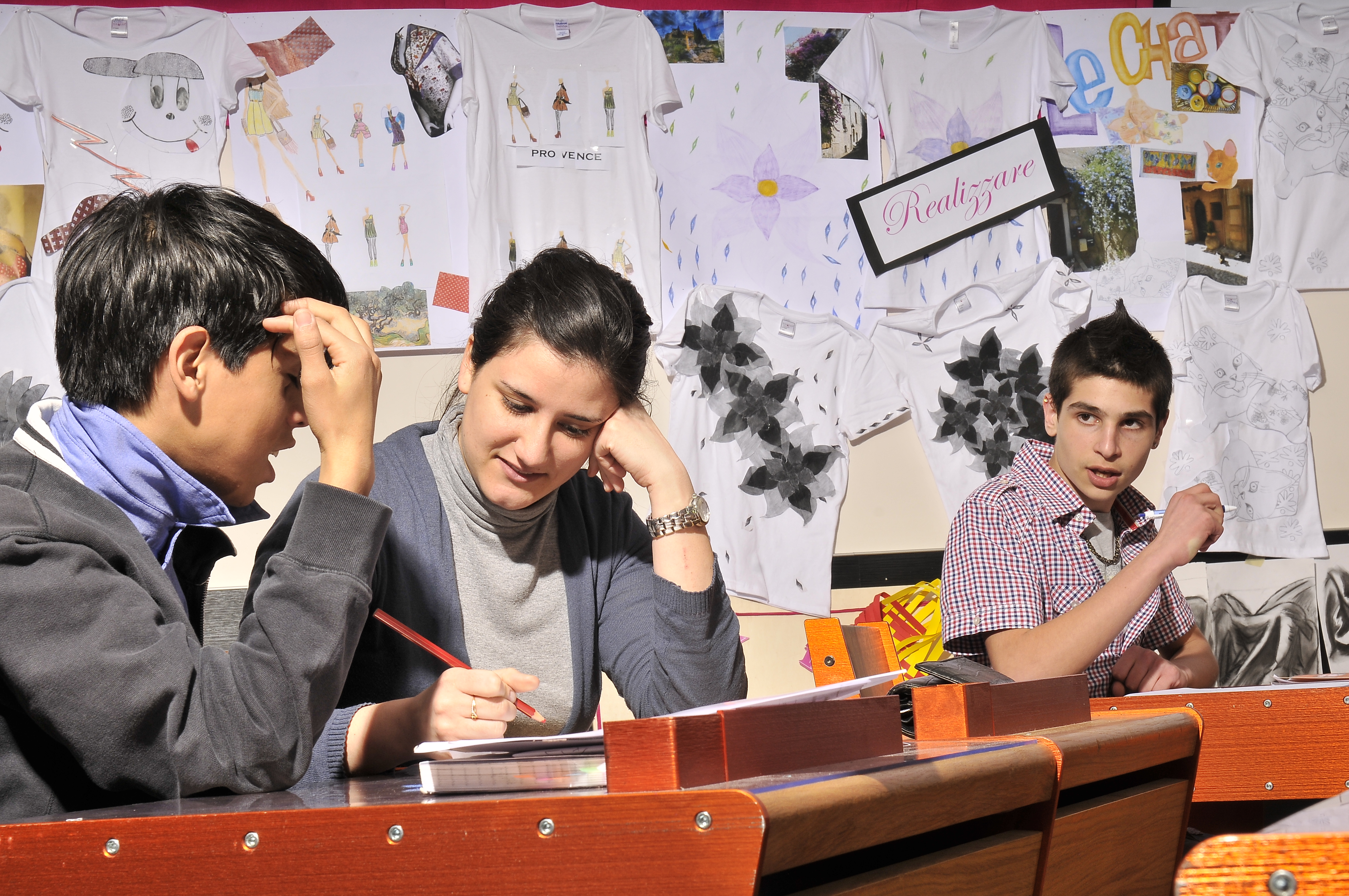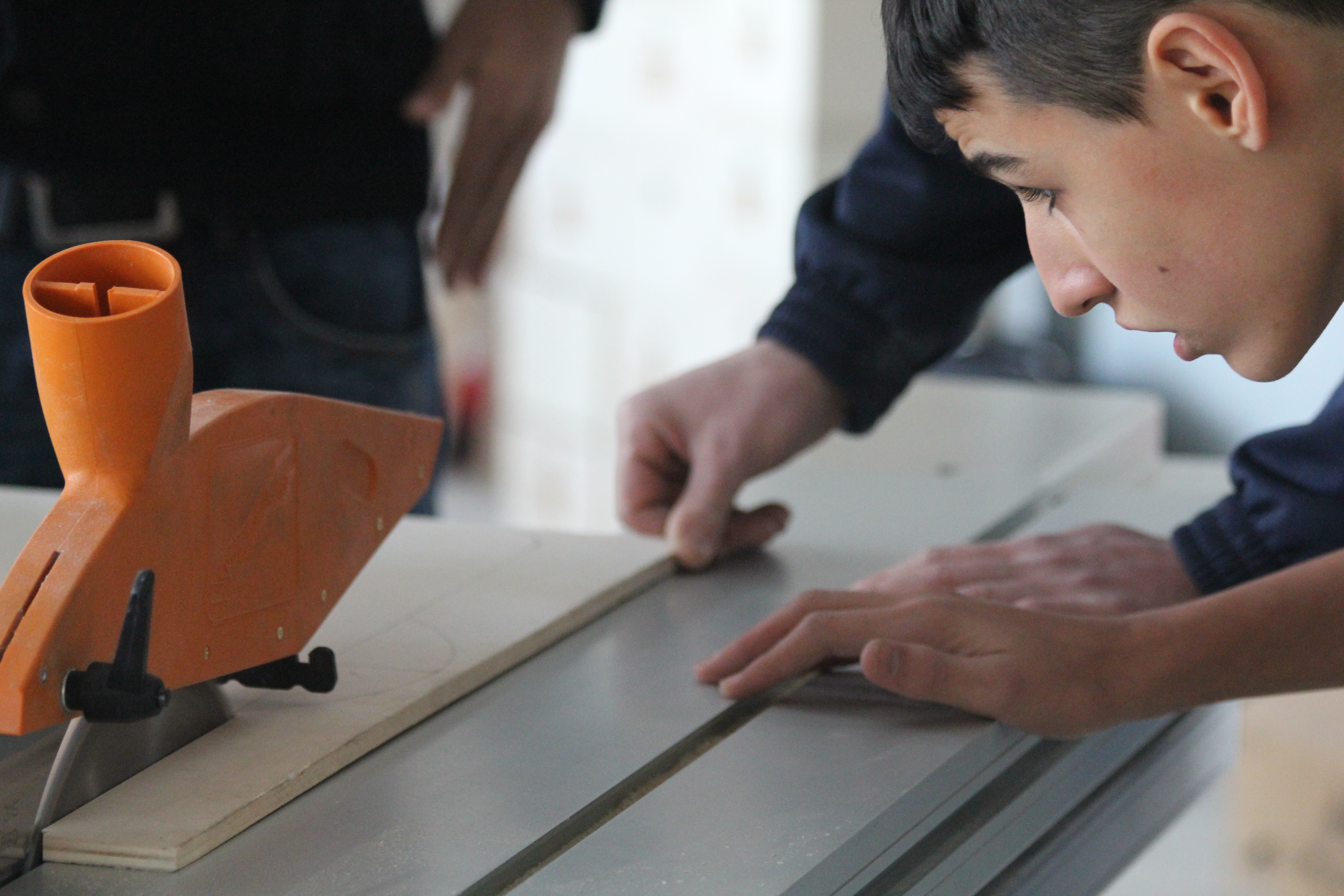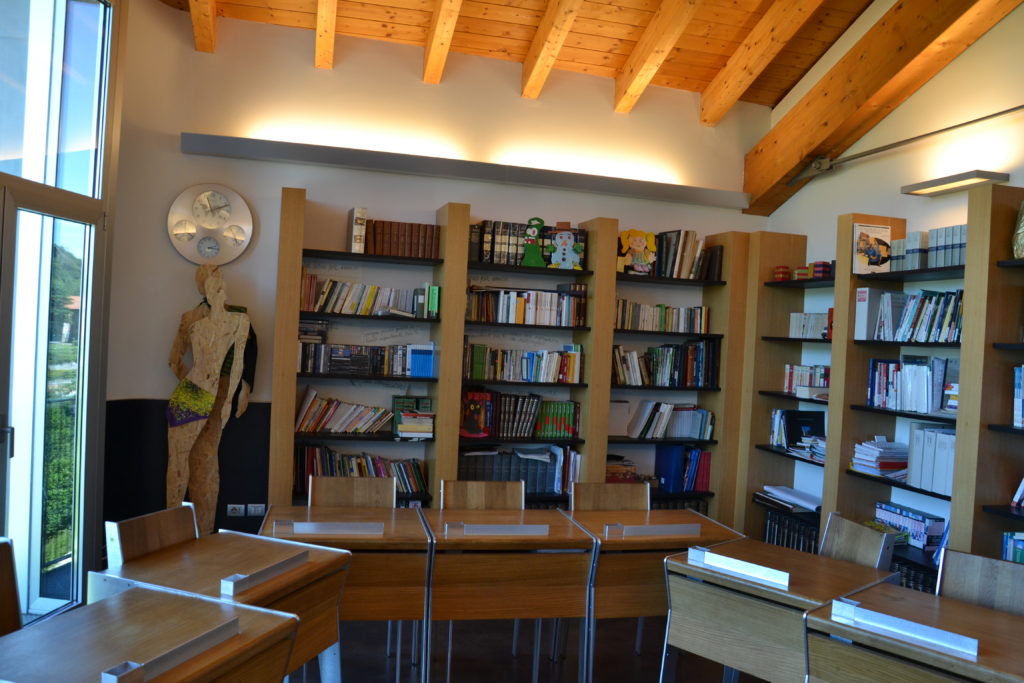A didactic game is construed as some sort of game where set rules are observed. It is an educating tool serving the didactic purpose. An important aspect of the game is to achieve a strictly defined score. Competences acquired when playing didactic games, e.g. persistence, critical thinking or readiness to run risk, facilitate the development of entrepreneurial attitudes. Examples of didactic games strengthening those competences are location-based games and strategic games.
(Article by Natalia Kaszkowiak and Joanna Tobys, based on the Erasmus+ project Trio2Success outputs)
Education&VET
Patronage classes. Linking labor market with education.
The patronage class of Solaris Bus & Coach functions within the Basic Vocational School in Murowana Goślina (Poland, Greater Poland province). It serves as an example of a large private enterprise with a state vocational school. The initiative is a response to a shortage of qualified workers on the local labour market. The main goals of the project are to allow the company to recruit qualified physical workers and, on the other hand to create an opportunity for youth to pursue vocational instruction with a perspective of long-term employment and with access to modern didactic infrastructure.
(Article by Joanna Tobys, Natalia Kaszkowiak and Marcin Woźniak, based on the Erasmus+ project Trio2Success outputs)
Debating. The new approach to learning social skills
Debate clubs are the offspring of historical eighteen century London Debating Societies. Nowadays, debating is perceived as one of the most interesting and effective methods of teaching pupils and students entrepreneurial skills. Although there are many ways of debating, the most popular is the British Parliamentary Style (BPS). According to BPS, there are two counteracting parties which argue around the given topic and try to persuade the adjudicators and the audience. In this spirit, the Poznań Oxford Debates were launched in 2012. Since that time, Career Counselling Centre organise the debates, which are popular among the students.
(Article based on the Erasmus+ project Trio2Success outputs)
The steps toward excellence in VET: an overview on recent policies
“Making VET a first choice”: this is one of the main goals the recent EU New Skills Agenda (20161) has set for next years. Few months before, the so-called Riga Conclusions (20152) were approved during the EU Latvian Presidency by the Ministers of Education from the European Union Member States, candidate countries, Iceland, Norway and Liechtenstein, endorsing the new medium-term deliverables for vocational education and training. During this meeting, the ministers, supported by the associations of the European VET schools, aimed at stressing their efforts “in raising the overall quality and status of VET in the context of the Copenhagen process”. What declared in Riga and promoted one year later in the EU Skills Agenda, represents a new crucial step towards a set of new priorities and actions which will affect in particular the VET system at European level.
In memoriam: Zygmunt Bauman in Cometa
In ricordo del grande Zygmunt Bauman, a un mese dalla scomparsa, Cometa Research condivide alcuni appunti in italiano dell’intervento che il grande sociologo ha svolto nel corso della seconda edizione di Cometa Social Innovation, nell’ottobre 2015.
L’affermarsi dell’attuale profondo mutamento sociale, la “società liquida”, pone nuove sfide e opportunità per tutti. Zygmunt Bauman ha offerto una riflessione sul cambiamento epocale in atto e delle sue conseguenze visibili. Nella stagione della decostruzione occorre anzitutto, per dirla con Bauman, una “genuina rivoluzione culturale” che, nel riscoprire la posizione più vera dell’uomo di fronte all’ordine della natura, permetta un lavoro di ricostruzione della persona e della società come rete di persone.
(Appunti in italiano, non rivisti dall’autore)
Il modello Scuola-Impresa e l’Experiential Learning in Cometa
La formazione tradizionale è basata su competenze ormai non più utili per le richieste del mercato. Metodi come l’apprendimento in situazione, experiential learning, è invece un metodo “finalizzato” e più spendibile nel mondo del lavoro non solo per la qualità della formazione delle competenze professionali, ma ancor più per quelle trasversali. Lo strumento della Scuola-Impresa diviene essenziale per la costruzione, in ambito educativo e formativo, del nesso tra disciplina e realtà. Questo caso studio tratta il nuovo approccio di apprendimento di Cometa Formazione per studenti della Scuola Oliver Twist di età compresa tra i 14 e i 18 anni.
(Articolo di Francesco Campiotti, Maria Chiara Gomaraschi e Marianna Nicotra, basato su un prodotto del Progetto Erasmus+ Trio2Success)
Mentoring and design thinking for entrepreneurship learning
Entrepreneurship is a way of being and not a know-how. The most difficult aspect is the intangible, because students can be taught how to write a business plan, which leads them to acquire some management expertise. But surely this kind of education does not create entrepreneurs. Entrepreneurship is a characteristic, it is the aptitude for risk taking, the desire of construction, curiosity, passion; it is the continuous dissatisfaction for which you want to do everything better, the continuous research for better solutions. An entrepreneur knows how to express an idea, calculating important factors such as costs, materials and market. It is someone who anticipates new concepts desired by the market, which can be innovative or express new valor.
(Article by Laureen De Palma and Paolo Nardi, based on a product of Erasmus+ project Trio2Success)
Liceo del Lavoro, il modello di Cometa nel recupero dei NEET
Nel rapporto 2014 di “Tuttoscuola” emerge che in Italia negli ultimi 15 anni ben 2 milioni e 900 mila giovani non hanno portato a termine il percorso formativo della scuola media superiore, di cui 167 mila negli ultimi 5 anni. Circa il 14,8% dei giovani iscritti al I anno di un istituto superiore non è già più presente al III anno, con una percentuale del 16,1% in Lombardia. Tutti questi giovani diventano di fatto NEET già a 16 anni.
Cometa dal 2005 ha creato il Liceo del Lavoro, percorso di contrasto e recupero della dispersione che in 10 anni ha contribuito a rimettere in moto più di 500 ragazzi, con un’offerta formativa basata sulla personalizzazione e sul learning by doing, in un modello unico nel suo genere. Il paper presentato vuole analizzarne i risultati da un punto di vista di outcome e impatto sociale.
(Articolo-poster presentato a NEETING, Convegno Nazionale sui NEET, 3-4 novembre 2016)
Il tutoraggio nel tirocinio, chiave del successo formativo nel modello Cometa
Il tirocinio è riconosciuto come uno strumento di successo formativo e, indirettamente, di lotta alla disoccupazione. Tuttavia, perché funzioni, occorre un adeguato accompagnamento educativo al ragazzo in chiave di mediazione. Senza soggetto educante non può esserci successo formativo.
(Articolo realizzato nell’ambito del Progetto Erasmus+ Trio2Success)
Lavoro a regola d’arte e scuola: la vera didattica esperienziale parla italiano?
Perché quando sono nominati i ministri di un nuovo governo italiano nelle stanze del palazzo si dice “l’hanno bruciato (politicamente), gli hanno dato il ministero dell’istruzione”? Perché la scuola italiana sembra irrimediabilmente prigioniera dello status quo, sostanzialmente immutabile malgrado qualsiasi riforma?
(Articolo pubblicato su Atlantide, 34 n.1 2015)

